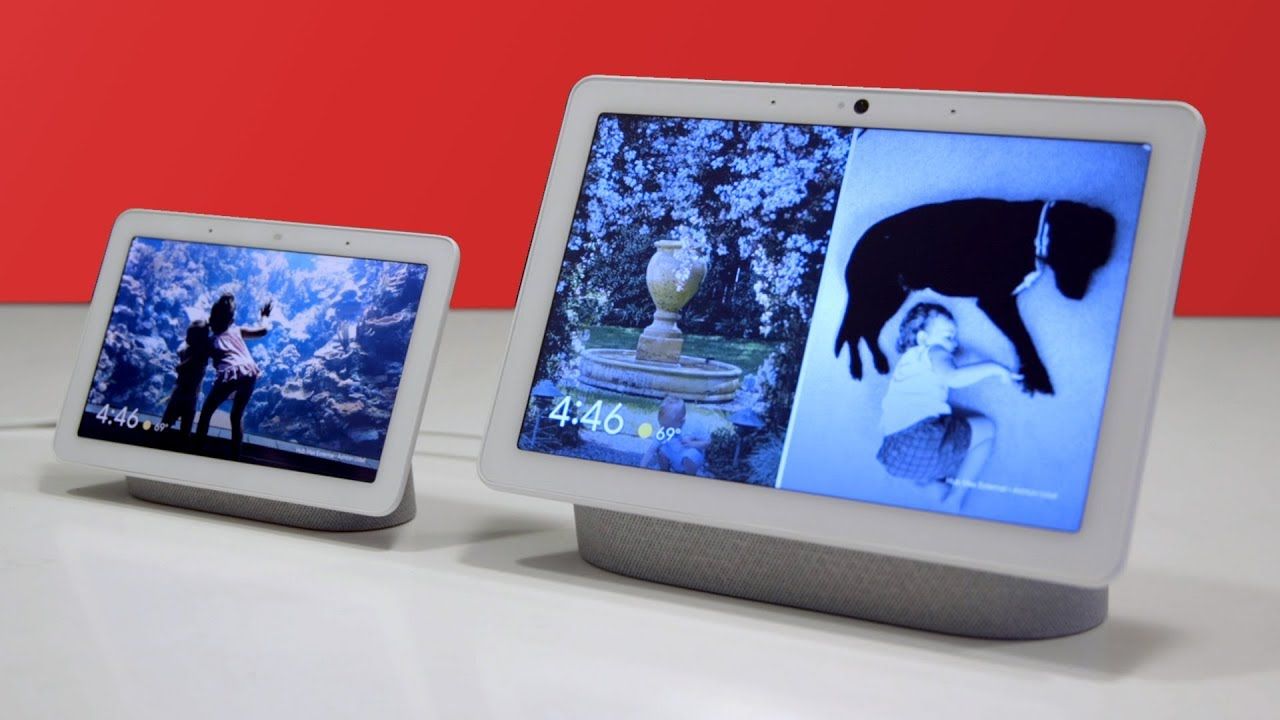Google just confirmed what smart home enthusiasts have been waiting for - new Nest Hub displays are coming "soon" with full Gemini AI integration. The announcement comes as Amazon launches its own AI-powered Echo Shows, setting up a major battle for the living room.
Google just dropped a major hint about the future of smart home displays. In a candid Vergecast interview, Google Home VP Anish Kattukaran confirmed the company is "definitely committed to smart displays" and will "have news to share there soon."
The timing couldn't be more strategic. Last week, Google unveiled its new Google Home speaker powered by the Gemini AI platform, but smart display fans were left empty-handed. That gap is about to close.
"The smart display does present itself as an incredible form factor to interact with something like Gemini for Home," Kattukaran explained. "If you think about the properties of a smart display - a microphone, which means audio in, a speaker, so audio out. It's got a screen, which complements a voice modality, you can interact with it and visualize information."
But it's the camera integration that makes this announcement particularly compelling. Kattukaran emphasized how cameras add "the vision piece to the multi-modality of Gemini," calling smart displays "almost the ultimate form factor to be able to deliver a really great home experience."
Amazon clearly sees the same opportunity. The company just launched two new Echo Show displays built specifically for its Alexa Plus AI assistant. These aren't incremental updates - they pack new AZ3 Pro processors, edge-based computing capabilities, and an Omnisense fusion platform that processes smart home sensor data locally.
Google's current lineup suddenly looks dated by comparison. The Nest Hub and Nest Hub Max, last refreshed in 2021, technically support Gemini for Home but run on hardware that feels sluggish for 2025's AI demands. The Nest Hub's Soli radar sensor was innovative for its time, but Amazon's new displays offer vastly more processing power.












